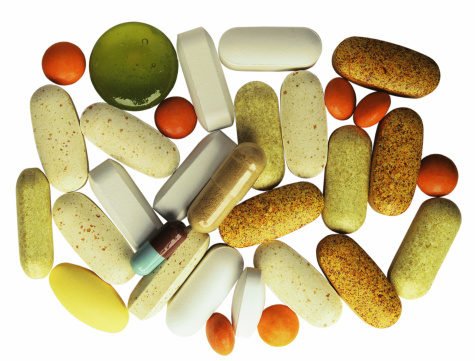One key focus of the event: Adverse Event Reporting (AER)
Dr. Rick Kingston, PharmD, President of Regulatory and Scientific Affairs, SafetyCall, offered advice and best practices through post market surveillance. This included:- Understanding what’s being reported
- Analyzing data
- Keeping an organized data collection.
Create a correlation scoring system with patient profiling to better understand what went wrong, Dr. Kingston suggested. Are the reported effects in any category preventable? Can they be mitigated through:
- Education
- Disclosure
- Reformation
- New manufacturing process
- New product design
- Dosage adjustment
- Market withdrawal
Questions Manufacturers Should Be Able to Answer:
- What is the benchmarked and expected incidence rate for any product, and are there systems in place to monitor significant deviations for minor, moderate, or major outcomes?
- Is the observed incidence rate a true reflection of expected consumer reactions when using a given product or are they background noise?
- Is the product actually causing consumers to have adverse effects; how serious are they and can they be mitigated? Do they represent an acceptable or unacceptable risk?
Related: 4 Kratom Companies Sent FDA Warning LettersNOW Alerts Amazon to Misleading Dietary Supplement “Quality Documentation”CRN: 6 Issues with FDA’s NDI Draft Guidance for Dietary Supplements…Study Points to FDA Shortcomings in Policing Adulterated Supplements










